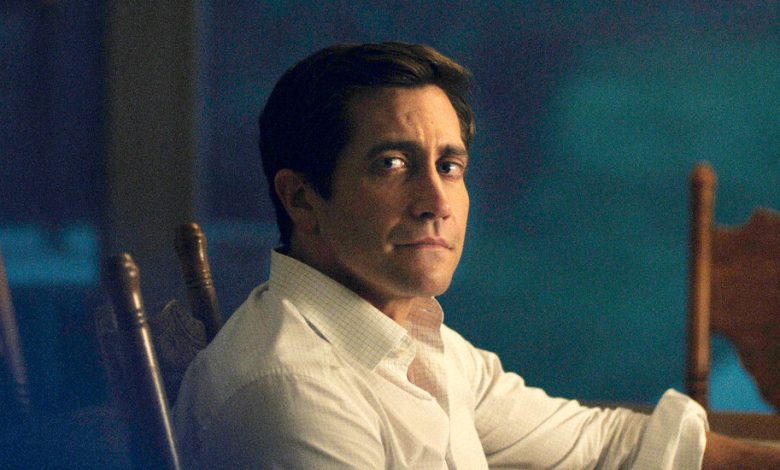‘Presumed Innocent’ Review: Disorder in the Court

Scott Turow’s first novel, the 1987 best seller “Presumed Innocent,” is a clever murder mystery and courtroom drama with an 11th-hour twist. Before that denouement, it throws out red herrings to distract us, paralleling the strategy of its protagonist, Rusty Sabich, a prosecutor accused of killing the female colleague with whom he was having an affair. The 1990 film adaptation starring Harrison Ford necessarily condensed Turow’s plot but stayed true to its outlines and to the identity of the killer, a closely guarded secret through most of the story.
It’s possible that the new “Presumed Innocent,” premiering Wednesday on Apple TV+ and starring Jake Gyllenhaal as Sabich, ends up at the same place, with the same killer. But after watching seven of its eight episodes, I didn’t really care. The claustrophobic atmosphere, the emphasis on psychology and trite family drama over well-made mystery and, especially, the crescendoing melodrama that makes a mockery of Turow’s courtroom credibility (even though he is credited as a co-executive producer) had done me in.
The book is narrated in the first person by Sabich, and its most striking stylistic feature is his continual, detailed analyses of his professional and personal lives. Those passages are not there just for their own sake — Turow uses them to ground us in the milieus and the motivations of the courtroom and the prosecutors’ office. He cares about the inner life of Sabich, but he cares just as much about providing the framework for a page-turning mystery.
Onscreen, the emphases have been different. Alan J. Pakula’s film was a chilly affair, elegantly assembled (with cinematography by the great Gordon Willis) but lacking the juice of a real thriller. It was more interested in the ethical and philosophical ramifications of Sabich’s situation, favoring judgment over action. (It was fun to watch once the case got into the courtroom, though, thanks to the performances of Raul Julia and Paul Winfield as defense lawyer and judge.)
David E. Kelley, the veteran television writer who created the “Presumed Innocent” series, has the opposite temperament from Pakula — he’s all about the juice. He’s a master of taking material with a lurid or sensational edge and slickly packaging it for a mainstream TV audience. When he’s in his relaxed mode, on “The Lincoln Lawyer” for Netflix or the risibly pulpy “Big Sky” for ABC, the results can be entertaining, summoning distant memories of his days as chief writer on “L.A. Law.”
When he takes things more seriously, though, he gets in trouble (though it doesn’t necessarily affect his success, as “Big Little Lies” demonstrated). Like Pakula, he makes “Presumed Innocent” more about Sabich than about the presumably less interesting question of whether Sabich is guilty of murder. But all he has to offer are tortured psychology and transgression, presented slickly and repetitively, with head-scratching surprises in place of new ideas. Meant to be provocative, it’s just wearying.